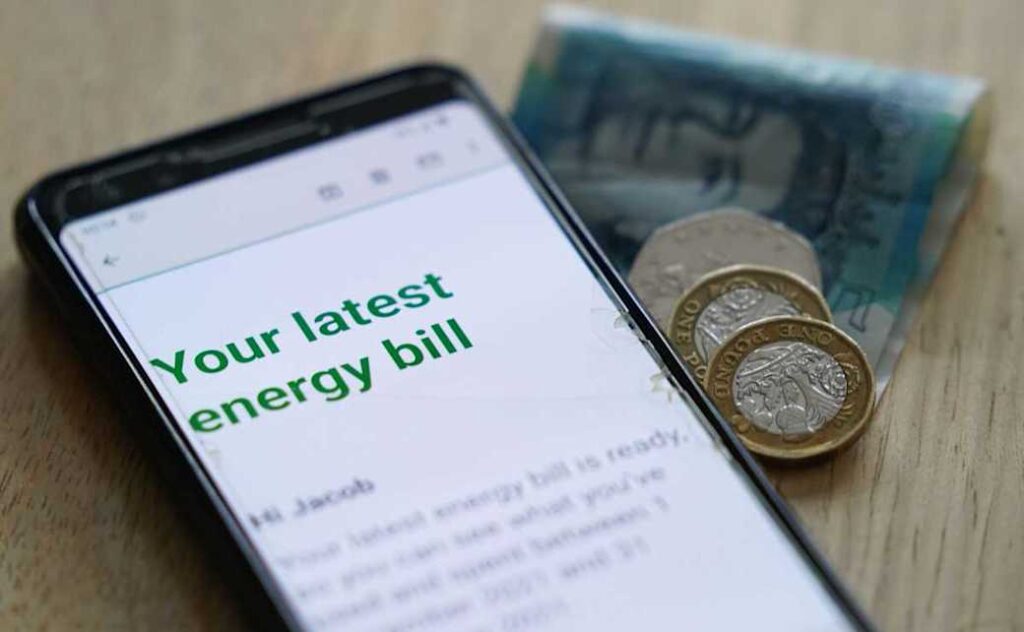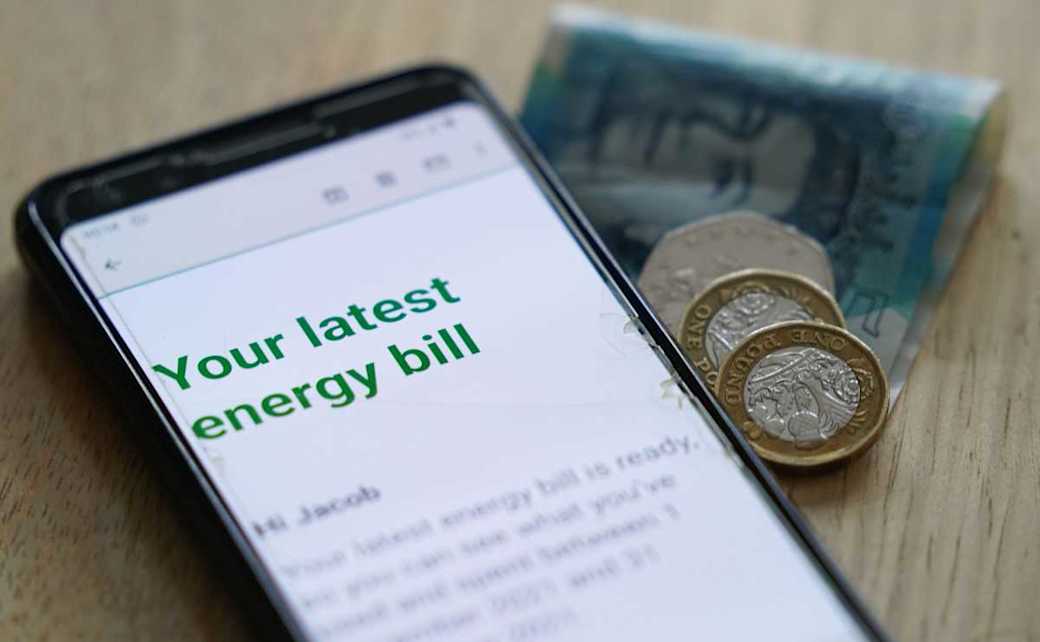
Consumers Face Rising Costs as April Hikes Fuel Inflation
Despite concerns over rising utility and service costs in April 2025, Nigeria’s inflation rate actually eased slightly, offering a modest reprieve for consumers.
Inflation Trends in April 2025
According to the National Bureau of Statistics (NBS), Nigeria’s headline inflation rate decreased to 23.71% in April from 24.23% in March. This marks a 0.52 percentage point drop month-on-month and a significant decline from the 33.69% recorded in April 2024 .
Food inflation also saw a reduction, falling to 21.26% year-on-year in April, down from 40.53% in the same month last year. This decrease is partly attributed to a change in the base year used for calculations. Month-on-month, food inflation stood at 2.06%, slightly lower than the 2.18% recorded in March .
Impact of Utility and Service Cost Increases
Despite the overall easing of inflation, certain sectors experienced cost increases. Notably, the yield on the 364-day treasury bill rose from 19.45% to 23.93%, indicating higher borrowing costs . Additionally, energy and telecommunications sectors faced price pressures due to currency depreciation and other factors .
These sector-specific increases have raised concerns about potential future inflationary pressures, particularly if currency instability persists or global commodity prices rise.
Outlook
While April’s data shows a slight easing in inflation, the situation remains fragile. Analysts caution that without sustained economic stability and effective policy measures, inflation could rise again in the coming months. Consumers are advised to remain vigilant and plan accordingly.
